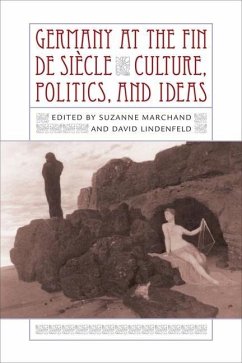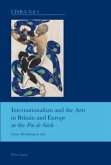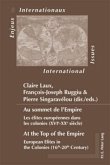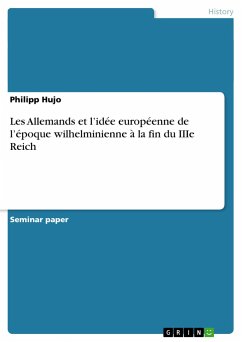The phrase fin de siecle conjures up images of artistic experimentation and political decadence. The contributors to this volume argue that Wilhelmine Germany--best known for its industrial and military muscle--also shared these traits. Their essays look back to the years between 1885 and 1914 to find in Germany a mixture of sociopolitical malaise and experimental exhilaration that was similar in many ways to the better-known cases of France and Austria. Revising the view that the German Second Reich was merely a precursor to the Third, this broad-scoped study presents pre-World War I Germany in its own fascinating and often contradictory terms. The foundations of the anti-liberal passions that would plague the Weimar Republic are evident, but Wilhelmine society also had a lighter, more playful and moderate spirit, one that was largely extinguished by the Great War. Blending social, cultural, and intellectual history, the contributors--a distinguished cross-section of older and younger scholars--trace changing German views on liberalism, penal reform, race, women, art, popular culture, and technology. The result is a variegated picture of an unsettled world, rich in its innovations, ambitious in its undertakings, and often apocalyptic in its dreams.








